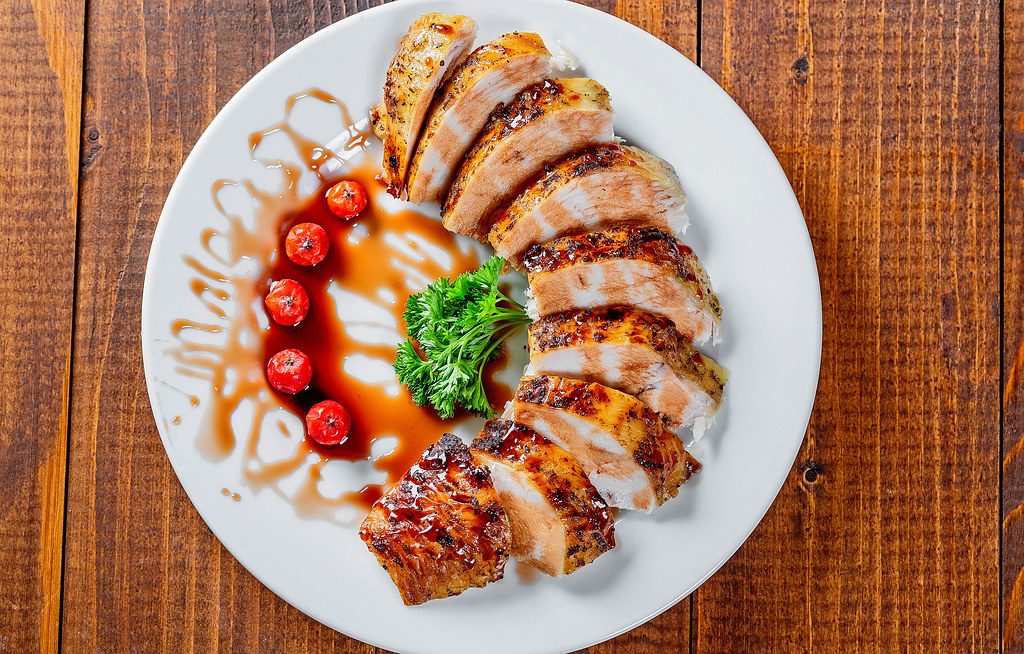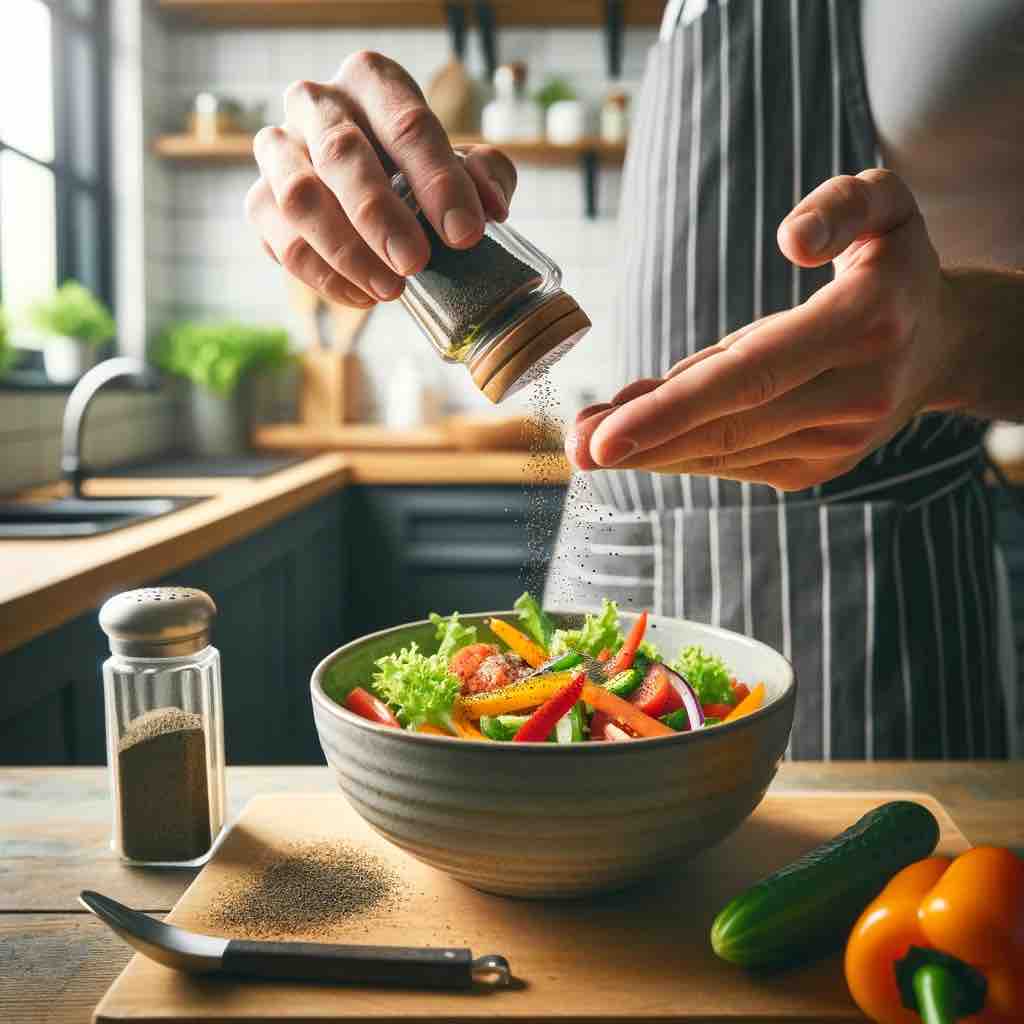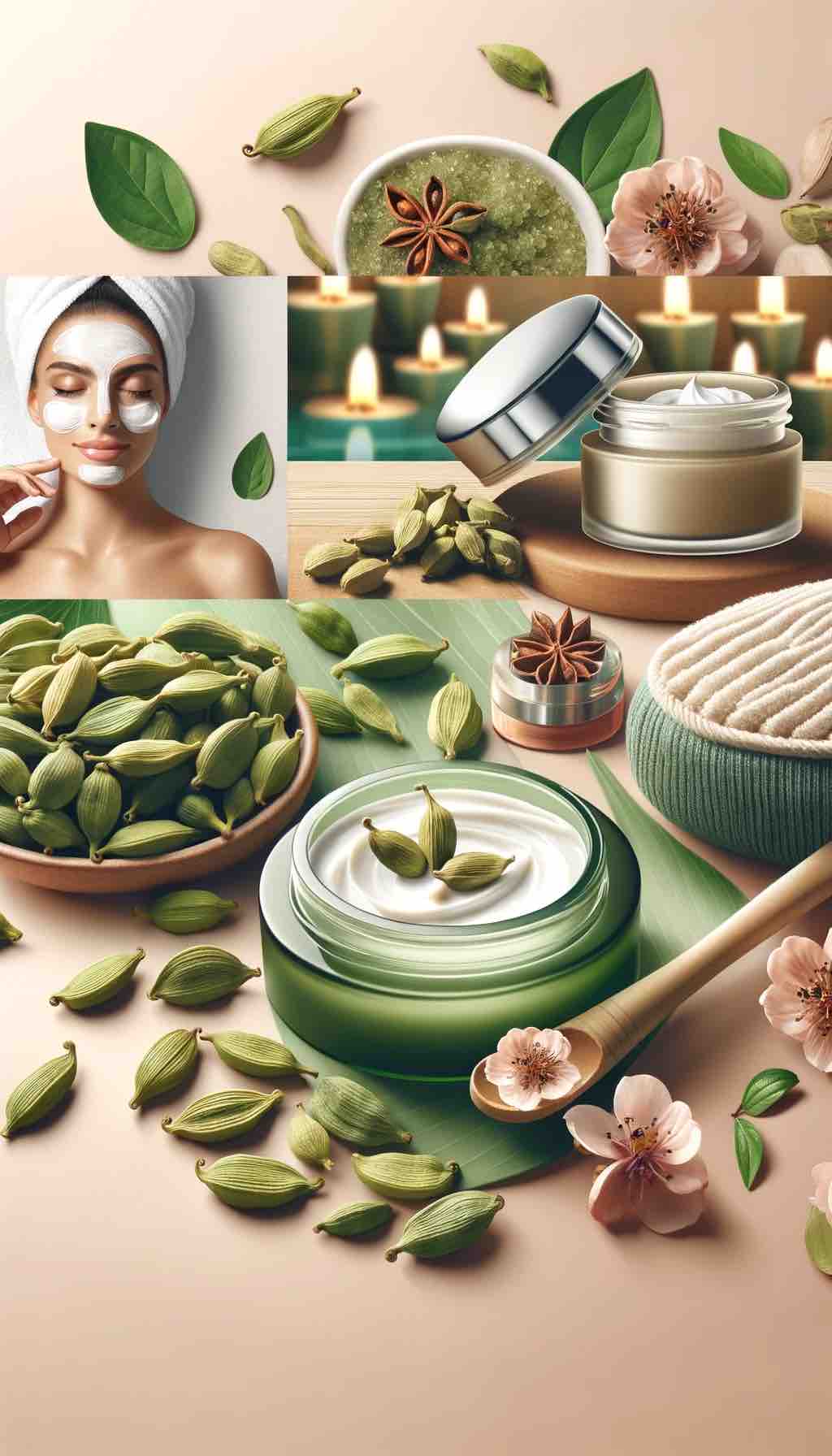
Chicken is a staple protein source for many around the globe, celebrated not just for its versatility and flavor but also for its multitude of health benefits. According to the Masala Monk article, chicken is an excellent option for those aiming to incorporate a healthy, protein-rich element into their diets. From aiding in weight loss to boosting immunity, the benefits of chicken are vast. Let’s dive deeper into each benefit and explore how chicken can be a nutritious addition to your meals.
Chicken: A Powerhouse of Nutrients
Chicken, particularly when chosen skinless and grilled, is an incredible source of lean protein that supports muscle building and weight management. It’s also packed with essential nutrients and vitamins that contribute to overall health and wellness.
Unpacking the Health Benefits of Chicken
- Rich Protein Source: Chicken is an ideal choice for muscle building and weight loss due to its high protein content and low calorie count. Protein is essential for satiety, metabolism efficiency, and muscle repair, making chicken a go-to for fitness enthusiasts.
- Bone Health Support: Surprisingly, chicken is beneficial for bone health. It contains key amino acids and minerals like calcium and phosphorus, which are crucial for maintaining strong bones and preventing osteoporosis.
- Stress Relief: Chicken has properties that can help alleviate stress. It’s rich in tryptophan and vitamin B5, which have calming effects on the body. Magnesium found in chicken also aids in reducing anxiety levels and managing stress.
- Immunity Boosting: Regular consumption of chicken can strengthen your immune system. Nutrients like retinol, zinc, and vitamins B9 and B3, found in chicken, are vital for immunity and can help speed up recovery during illness.
- Reducing Obesity and Type 2 Diabetes Risk: Incorporating chicken into your diet can help mitigate the risk of obesity and related diseases such as type 2 diabetes and cardiovascular conditions. Chicken, when part of a balanced diet, supports weight management and overall health.
Incorporating Chicken into Your Diet
Adding chicken to your diet can be both delicious and healthful. Here are a few tips:
- Grilled and Skinless: Opt for grilled, skinless chicken breasts to minimize calorie intake while maximizing protein.
- Diverse Recipes: Explore a variety of chicken recipes from different cuisines to keep your meals exciting and nutritious.
- Moderation is Key: Balance is crucial. Include chicken as part of a varied diet rich in fruits, vegetables, and whole grains.
Considerations and Best Practices
While chicken offers numerous health benefits, there are a few considerations to keep in mind:
- Quality Matters: Choose organic, farm-raised chicken to avoid antibiotics and hormones.
- Cooking Method: Prefer baking, grilling, or boiling chicken to frying. Healthier cooking methods preserve nutrients and reduce fat content.
- Portion Control: Be mindful of portion sizes to ensure a balanced diet and prevent excessive protein intake.
Conclusion: Chicken as a Cornerstone of Healthy Eating
Chicken is more than just a dietary staple; it’s a versatile, nutrient-rich food that supports various aspects of health. By integrating chicken into your diet, you embrace a source of lean protein and essential nutrients that bolster wellness, muscle health, and dietary satisfaction.
Blog Tags
chicken, healthy diet, protein-rich, bone health, stress relief, immunity boost, weight management, organic, cooking methods, balanced diet













